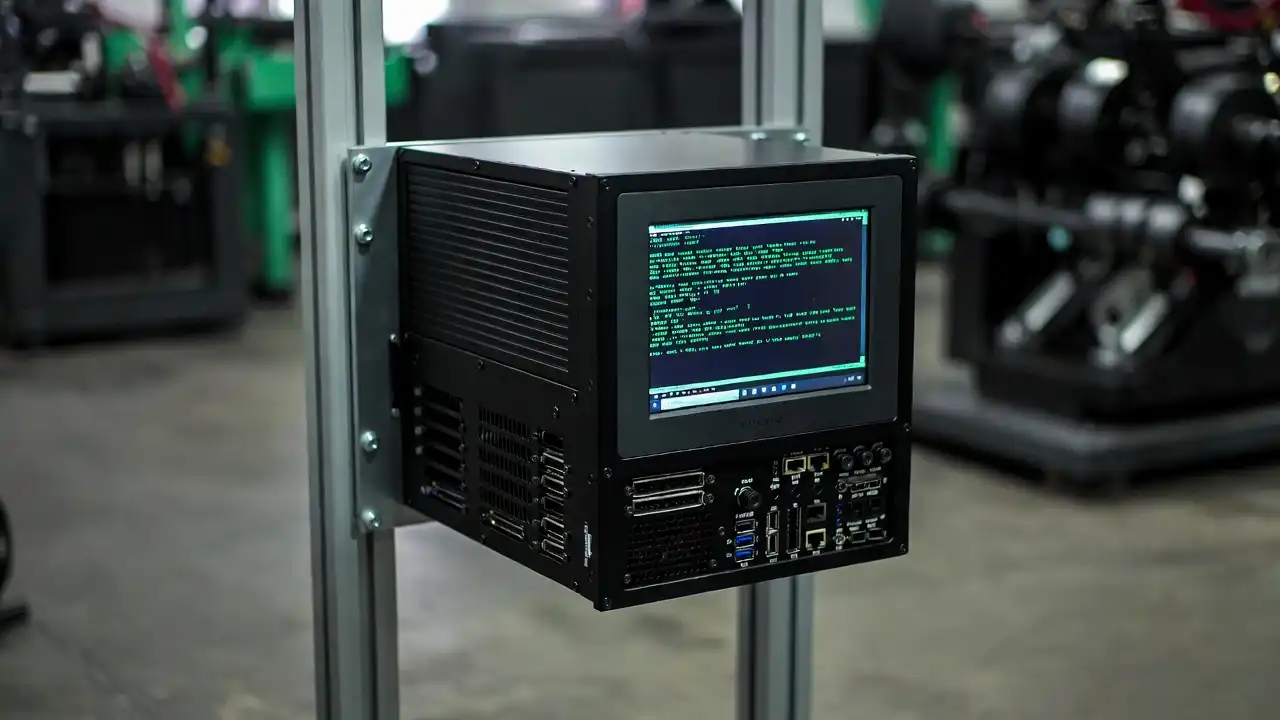In modern manufacturing and industrial processes, the Industrial PC (IPC) stands as a fundamental technological cornerstone. These specialized computing devices have revolutionized the industrial landscape and are critical in enhancing efficiency, precision, and automation across many applications.
Observation of Industrial PC
Industrial PCs, also known as ruggedized computers or rugged PCs, are designed to endure harsh industrial environments. Unlike traditional personal computers, IPCs are engineered to withstand extreme temperatures, humidity, dust, vibration, and other challenging conditions prevalent in industrial settings. These features make IPCs reliable and resilient workhorses within manufacturing plants, warehouses, and industrial automation systems.
Examining their various applications best reveals the significance of IPCs. In industrial automation, IPCs serve as the central nervous system, controlling and monitoring complex manufacturing processes. They facilitate real-time data analysis, enabling faster decision-making and improved operational efficiency. For instance, an IPC might oversee robotics, assembly lines, and quality control systems in a manufacturing facility, ensuring seamless coordination and high precision.
One of the most critical aspects of IPCs is their versatility. They can be tailored to diverse applications, from programmable logic controllers (PLCs) to human-machine interfaces (HMIs) and data acquisition systems. The flexibility in IPC design allows for customization based on specific industry needs and ensures seamless integration into existing workflows.
Furthermore, IPCs are transforming due to the advent of Industry 4.0, the fourth industrial revolution. Industry 4.0 emphasizes smart manufacturing, leveraging technologies like the Internet of Things (IoT), artificial intelligence (AI), and big data analytics. IPCs play a pivotal role in this paradigm shift, acting as conduits for real-time data exchange between machinery and systems, facilitating predictive maintenance, and optimizing overall production.
However, rapid technological advancements come with challenges. Cybersecurity is a major concern in IPCs, as they are increasingly connected to networks and the Internet. Protecting sensitive industrial data and systems from cyber threats is a top priority, necessitating robust cybersecurity measures and continuous updates to guard against potential vulnerabilities.
Industrial PC Market
The approximate decision of the Techgolly market research team is that the global industrial PC market size was valued at least USD 10 billion in 2025 and is projected to reach up to USD 14 billion by 2030. The growth will continue at a compound annual growth rate (CAGR) of 5% to 7% from 2025 to 2030.
Conclusion
Industrial PCs represent a technological marvel that fuels the engines of modern manufacturing and industrial processes. Their rugged design, adaptability, and integration capabilities make them an indispensable tool in the Industry 4.0 landscape. As industrial technology continues to evolve, IPCs will undoubtedly remain at the forefront, driving efficiency, precision, and innovation in the industrial sector.





